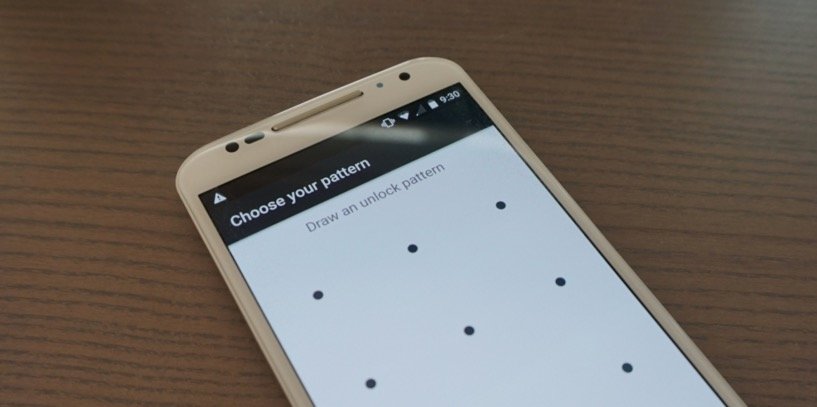74.1% of all Android users are vulnerable to government surveillance

This probably won’t save you from the Feds. Photo: The Next Web
Apple has taken a huge stand with the U.S. government, claiming they won’t – and can’t – remotely unlock encrypted devices running iOS 8 or higher. That’s the vast majority of devices.
Google takes the same sort of stand. Any document running Android 5.0 or higher has full disk encryption enabled by default, and therefore can’t be be remotely unlocked, even when ordered to do so by the federal government.
But Android also has a fragmentation problem, which means that most Android devices aren’t running Android 5.0 or higher. In fact, according to a new filing prepared by Google for the New York District Attorney’s Office, Google can remotely unlock at least 74% of Android devices.
“Forensic examiners are able to bypass passcodes on some of those devices using a variety of forensic techniques,“ the document says. ”For some other types of Android devices, Google can reset the passcodes when served with a search warrant and an order instructing them to assist law enforcement to extract data from the device. This process can be done by Google remotely and allows forensic examiners to view the contents of a device.”
Compare this to iOS. As of last week, 91% of all iOS users were running iOS 8 or higher, and therefore have their device’s encryption automatically set to on.
Google obviously believes in its users’ privacy, every bit as much as Apple does. They have both tangled with authorities, defending their users from unwarranted surveillance. But because of fragmentation, it’s clear Cupertino’s users are better protected than Mountain View’s.
Source: The Next Web


